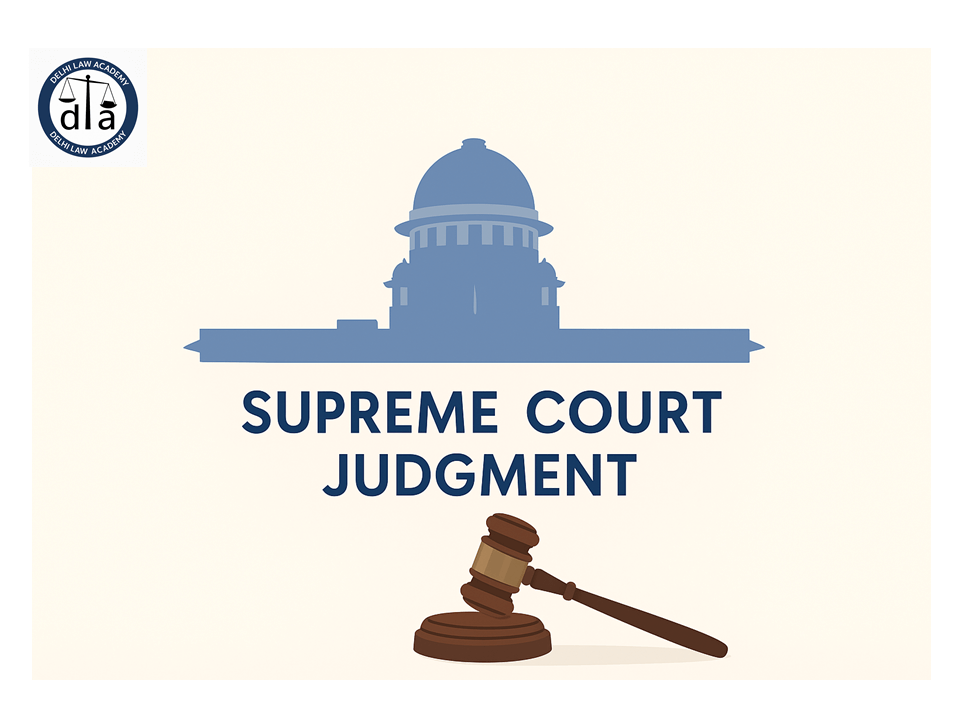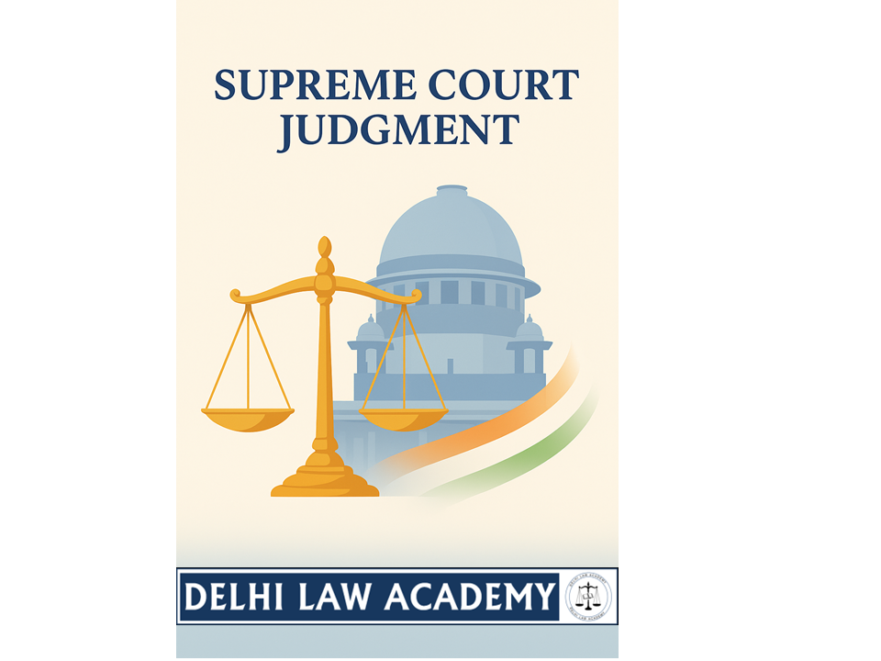
⚖️ ADMISSIBILITY OF ADMISSIONS UNDER THE EVIDENCE ACT
📜 Bishwanath Prasad v. Dwarka Prasad [1974 SC]
This appeal arises out of a suit for partition. The first two of the three points formulated for determination by the High Court reflect the controversy raised before us:
- Whether the entire properties mentioned in Schedule C to the plaint are joint family properties liable to partition….
The case of the first (contesting) defendant, who is the first respondent before us now, is that these items of property exclusively belonged to him. The trial Court has accepted this case and the High Court has affirmed this finding. The foundation for these concurrent findings is the admissions made by the first plaintiff and the eighth defendant, the father of the plaintiff, in depositions in an earlier suit, Title Suit No. 61 of 1945, as well as similar admissions made in the written statement filed in that suit by the present eighth defendant (who was first defendant there) together with the present plaintiffs. The inference fluently drawn by the Courts below from these admissions is that the said property belongs to the first defendant.
Admissions are usually telling against the maker unless reasonably explained, and no acceptable ground to extricate the appellants from the effect of their own earlier statements has been made out.
Counsel for the appellants strenuously urged that the fatal admissions used against him have prejudiced him for many reasons. His further grievance is that these admissions were not put to his client, the first plaintiff, when he was in the witness box; nor was the eighth defendant summoned for examination by the first defendant to give him an opportunity to explain the admissions.
Therefore, Counsel contended that he was seriously harmed by the surprise reliance on statements attributed to his clients without extending a fair opportunity to them to offer their explanation and neutralise the effect of the admissions. Counsel drew our attention to Section 145 of the Indian Evidence Act.
There is a cardinal distinction between a party who is the author of a prior statement and a witness who is examined and is sought to be discredited by use of his prior statement. In the former case an admission by a party is substantive evidence if it fulfils the requirements of Section 21 of the Evidence Act; in the latter case a prior statement is used to discredit the credibility of the witness and does not become substantive evidence. In the former there is no necessary requirement of the statement containing the admission having to be put to the party because it is evidence proprio vigore: in the latter case the Court cannot be invited to disbelieve a witness on the strength of a prior contradictory statement unless it has been put to him, as required by Section 145 of the Evidence Act.
This distinction has been clearly brought out in the ruling in Bharat Singh case [1966 SC]. This Court disposed of a similar argument with the following observations:
“Admissions are substantive evidence by themselves, in view of Sections 17 and 21 of the Indian Evidence Act, though they are not conclusive proof of the matters admitted. We are of opinion that the admissions duly proved are admissible evidence irrespective of whether the party making them appeared in the witness box or not and whether that party when appearing as witness was confronted with those statements in case it made a statement contrary to those admissions. The purpose of contradicting the witness under Section 145 of the Evidence Act is very much different from the purpose of proving the admission. Admission is substantive evidence of the fact admitted while a previous statement used to contradict a witness does not become substantive evidence and merely serves the purpose of throwing doubt on the veracity of the witness. What weight is to be attached to an admission made by a party is a matter different from its use as admissible evidence.”
✅ The appeal must, therefore, fail and is hereby dismissed.
📚 Further Reading for Law Aspirants
Explore more useful resources from Delhi Law Academy to strengthen your preparation:
📘 FAQs on Admissibility of Admissions under the Evidence Act
Contact us
📍 Delhi Law Academy – Jaipur Branch
6C, Tower 2, Coaching Hub, Pratap Nagar, Jaipur – 302033
📞 Phone:
+91 9911916552
+91 8447285606
✉️ Email:
contactus@delhilawacademy.com

